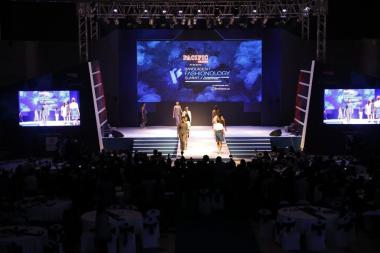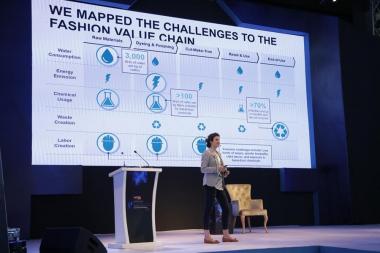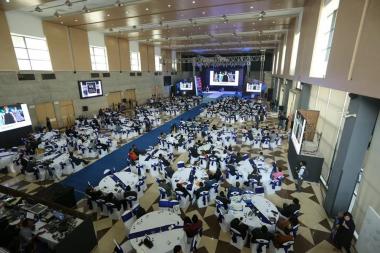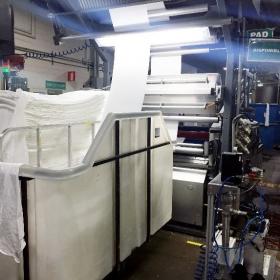Ternua Group chooses Lectra Fashion PLM 4.0
- Spanish outdoor and sportswear market leader expands international presence thanks to Lectra’s latest product lifecycle management solution
Ismaning/Paris – Lectra, the technological partner for companies using fabrics and leather, is pleased to announce that the Ternua Group, a world-renowned Spanish outdoor clothing and sportswear group, has chosen Lectra Fashion PLM 4.0 to increase their geographical presence by improving global teamwork.
Founded in 1994, the Ternua Group has achieved worldwide success by promoting adventure through respect for nature, producing sustainable technical clothing for outdoor sports enthusiasts worldwide. The group’s strong commitment to the environment is shown through their R&D that focuses on developing their own fabric by using eco-friendly materials such as organic cotton and recycled down.
Today, the group’s portfolio includes three brands Ternua, Astore and Lorpen, currently exporting to more than 50 countries, with operations in Europe, America and Asia. Compounding this global success, the ambitious group plans to penetrate more markets across the globe.
The group is implementing Lectra Fashion PLM 4.0 into their entire production process. Specifically developed to help fashion companies navigate the digital era, this modular and user-friendly solution will help the Ternua Group centralize and store information coming from their brands by digitalizing their supply chain. This will connect all teams involved in the design-to-production process, regardless of geographic location. Team members will also be able to comm unicate better with external suppliers, access accurate information and keep track of every collection’s development progress. The group can hence speed up the entire production process and help their brands deliver their collections to markets all over the world on time.
“We manage our design and product development processes in-house but outsource our production in Europe, north of Africa and Asia. For our business to expand globally, we need to go fully digital. By having a system that consolidates and standardizes data coming from all supply chain actors across the world, we can respond faster to consumer demand,” explains Aitor Barinaga, Chief Operations Officer, Ternua Group. “We have assessed all other vendors—and Lectra Fashion PLM 4.0 is clearly the winner. It has the ability to fully integrate all processes and improve communication and teamwork across all departments through sound data management. We are more than happy to have a trusted partner as Lectra for such an ambitious project.”
“Ternua Group is constantly pushing the boundaries of innovation. This is shown through their desire to help customers achieve their personal best by providing them with high-performance technical wear that is also environmentally friendly. We are thrilled to embark on this new journey with the Ternua Group, and we are confident that our solution and expertise will help them get their collections out to new markets on time,” says Rodrigo Siza, Managing Director, Spain and Portugal, Lectra.
Lectra












